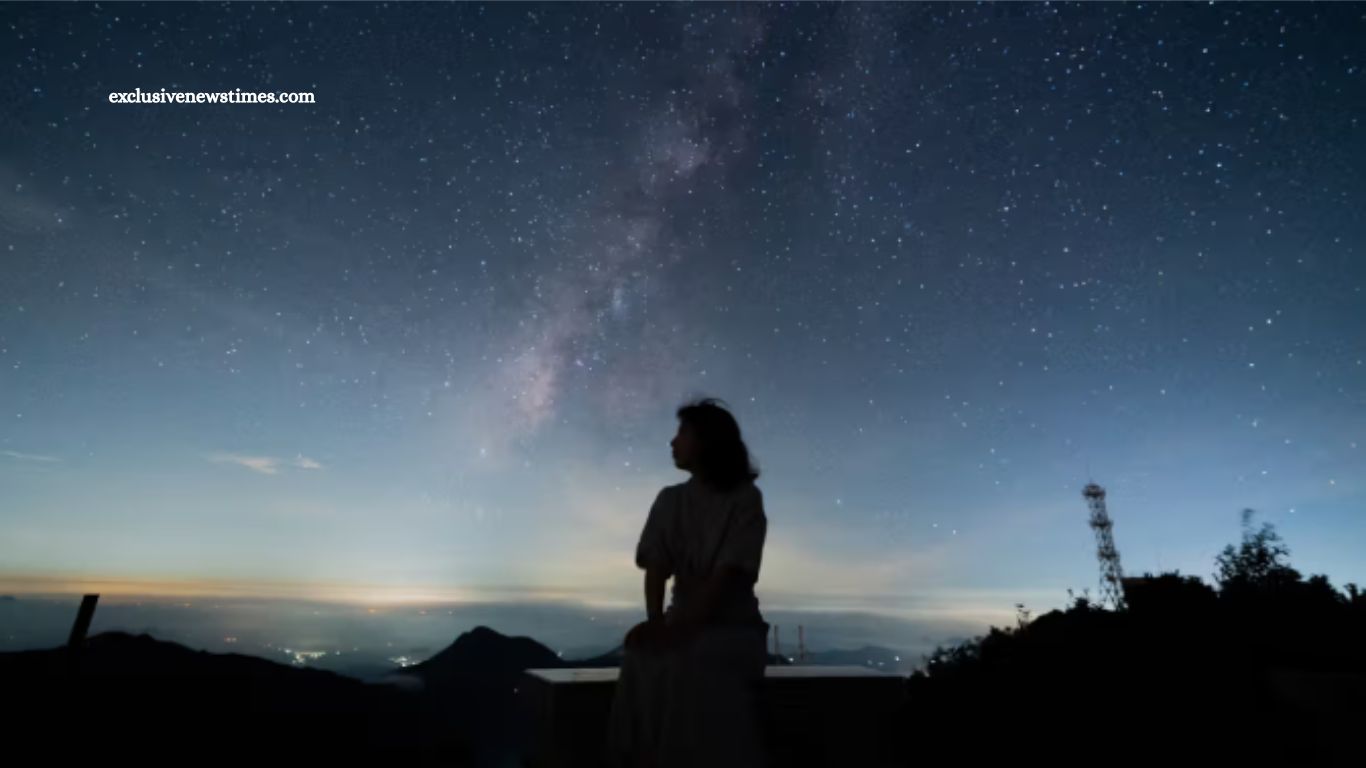We often hear about the health benefits of sunlight—how a few minutes under the sun can boost our mood, improve sleep, and help our bodies produce essential vitamin D. But while daylight has long been celebrated, the quiet power of darkness is frequently overlooked. Emerging research suggests that spending time in low-light or dark environments may also offer surprising benefits for both body and mind.
From supporting natural sleep cycles to enhancing mental clarity and reducing sensory overload, darkness plays a vital role in maintaining our well-being. In a world increasingly flooded with artificial light, learning to embrace the dark whether by stepping outside at night or dimming indoor spaces—might be just what we need for a healthier balance.
Read More: Navigating Healthcare When English Isn’t Your First Language
What the Research Says Praise of Darkness
Think back to a moment when you stepped outside at night and looked up at the stars. What did you feel—wonder, peace, a sense of connection? These emotions aren’t just fleeting; research suggests they may play a meaningful role in mental well-being.
Connectedness
A 2025 study introduced the Night Sky Connectedness Index (NSCI) to measure how deeply people feel connected to the night sky. Researchers interviewed participants to develop this index, then tested it with a sample of 406 individuals from the general population.
One key finding: higher NSCI scores were strongly linked to greater levels of happiness and mental well-being. This supports a growing body of evidence suggesting that nature connectedness—our emotional relationship with the natural world can be a significant predictor of overall well-being.
Awe
Nature often evokes a sense of awe—a powerful emotion many of us have felt while gazing at a sky filled with stars. According to a 2022 research review, experiencing awe can have far-reaching benefits across multiple dimensions of health. It has been linked to improvements in:
- Emotional, social, and psychological well-being
- Levels of anxiety, stress, depression, and PTSD
- Physical health and immune function
- Symptoms of autoimmune disorders
- Cardiovascular health
- Overall life span
A 2018 study further supports these findings, showing that college-age students who spent time in nature reported higher levels of awe, which were in turn associated with greater well-being. These studies highlight awe as a potentially powerful, yet often overlooked, pathway to holistic health.
Dark Nature Activities
Spending time in nature after sunset can serve as a powerful form of ecotherapy, which emphasizes the healing benefits of connecting with the natural world. These experiences—often quieter and more introspective can foster a deeper sense of calm, wonder, and well-being.
Beyond stargazing, engaging in dark nature activities like moonlit hikes, nighttime walks, or gathering around a campfire or bonfire can provide meaningful opportunities for reflection and connection.
Safety First
When participating in outdoor activities at night, it’s important to prioritize safety. If you’re planning a nighttime walk, wear reflective clothing and bring a flashlight or headlamp to ensure visibility. For campfires, always check local or park fire regulations and practice responsible fire safety to protect yourself and the environment.
Frequently Asked Questions (FAQs)
Is spending time in the dark really beneficial for mental health?
Yes. Research suggests that being in dark natural environments, such as stargazing or moonlit walks, can promote feelings of awe, connectedness, and calm—all of which are associated with improved mental well-being.
What is the Night Sky Connectedness Index (NSCI)?
The NSCI is a tool developed in 2024 to measure how connected individuals feel to the night sky. Higher scores on the NSCI have been linked to greater happiness and mental wellness.
What are some examples of dark nature activities?
Activities include stargazing, moonlit hikes, nighttime forest walks, and sitting around a bonfire or campfire. These experiences offer quiet reflection and a deeper bond with nature.
Are dark nature activities safe?
They can be safe if proper precautions are taken. Always wear reflective clothing, bring a flashlight, stay aware of your surroundings, and follow local rules especially when building fires.
Can children or older adults participate in nighttime nature activities?
Yes, with appropriate supervision and safety measures. Choose well-lit or familiar trails, keep groups small and manageable, and ensure everyone is comfortable with the environment.
Conclusion
In a world that often prioritizes constant stimulation and artificial light, making space for darkness can offer unexpected rewards. From fostering a sense of awe and connectedness to supporting emotional and physical well-being, spending time in nature after dark has measurable benefits. Whether you’re stargazing, taking a quiet moonlit walk, or enjoying the warmth of a campfire, dark nature activities can serve as a powerful form of self-care and reflection.


